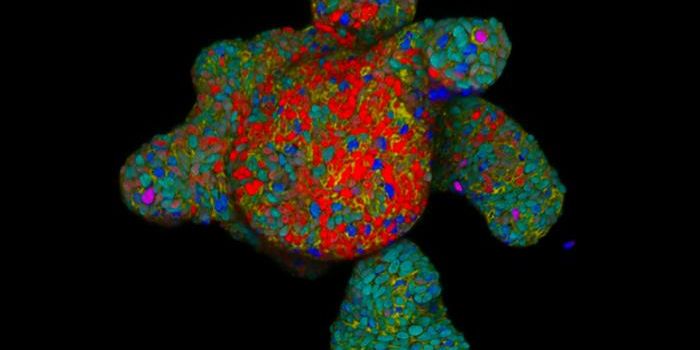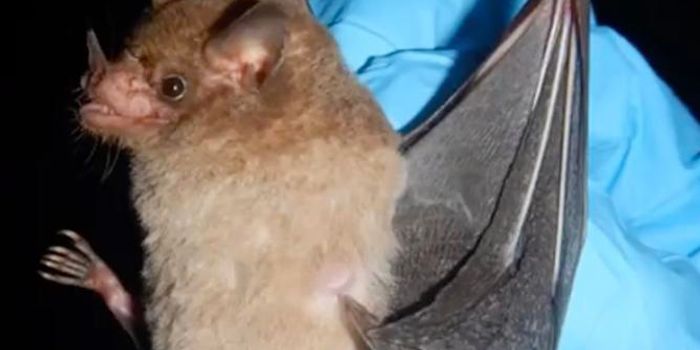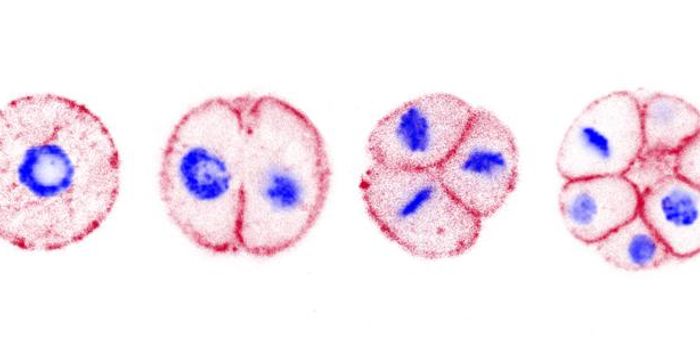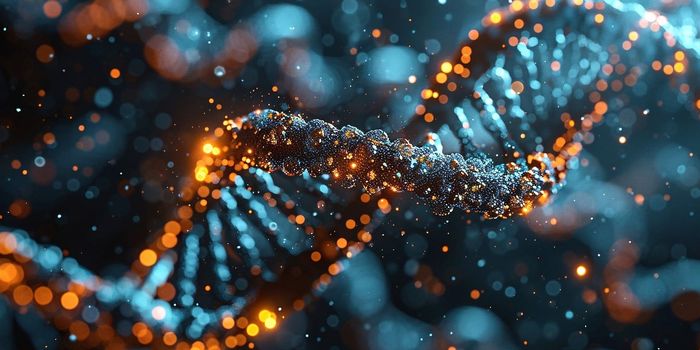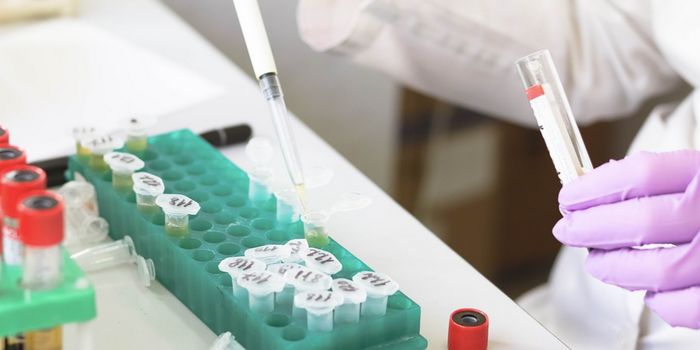Ocean Salinity Changes Disrupt the Chemistry of Corals
Coral in the world’s oceans is under pressure from several fronts. Scientists have now found that when salinity levels in the ocean change dramatically, which may occur because of freshwater flooding, for example, it stimulates a stress response in corals that is similar to what's caused by extreme heat. The coral experiences so-called freshwater bleaching that can result in coral death. As the salt concentration in the ocean drastically changes, it triggers a biochemical response that is damaging to their cells, according to scientists at the ARC Centre of Excellence for Coral Reef Studies at James Cook University (Coral CoE) and University of Technology Sydney (UTS). The findings have been reported in BMC Genomics.
"Corals are sensitive organisms, known to only tolerate slight changes in their environment. Thriving in clear, sunlit waters - the majority of reef-building corals are found in tropical and subtropical waters with a salinity between 32 to 42 parts per thousand," said the senior author of the work, Professor David Miller of Coral CoE. “During the recent flooding, there are reports that nearshore reefs were exposed to roughly half the normal ocean salinity. Our research shows that this kind of environmental change causes a shock response in corals that prevents normal cell function."
With the genomic sequence of the common reef-building coral, Acropora millepora, the scientists could look for changes in the biology of the coral.
“Using the sophisticated labs at the National Sea Simulator, we put both young and adult corals under a salinity stress test to see how they respond to differing salinity concentrations," said study co-author Dr. Jean-Baptiste Raina of UTS. “We found that there was a common response between both coral life-stages - with the younger corals being more sensitive to low salinity conditions, but faring slightly better with exposure over time."
"In general, we found that the coral's cells launch a similar chemical response to reduced salinity as they do for heat stress," noted Miller. "However, unlike the heat stress response, corals exposed to reduced salinity experience a complete collapse of their internal cellular protein balance, suggesting that their cells are in deep trouble."
Coral at the center of the Great Barrier Reef was spared from mass bleaching when high temperatures swept through the area this summer. However, many coastal reefs are under threat because of vast plumes of floodwater that entered the water. Heavy rainfall and runoff are predicted to increase in severity and frequency. Proper management and conservation of reefs will be more urgent than ever.
Learn more about how scientists are trying to save the world’s coral reefs from the video above. From the video below, learn more about coral bleaching, which happens due to stresses like hot temperatures. The algae that live in symbiosis leaves the coral, leaving it vulnerable to disease.
Sources: AAAS/Eurekalert! Via ARC Centre of Excellence in Coral Reef Studies, BMC Genomics



